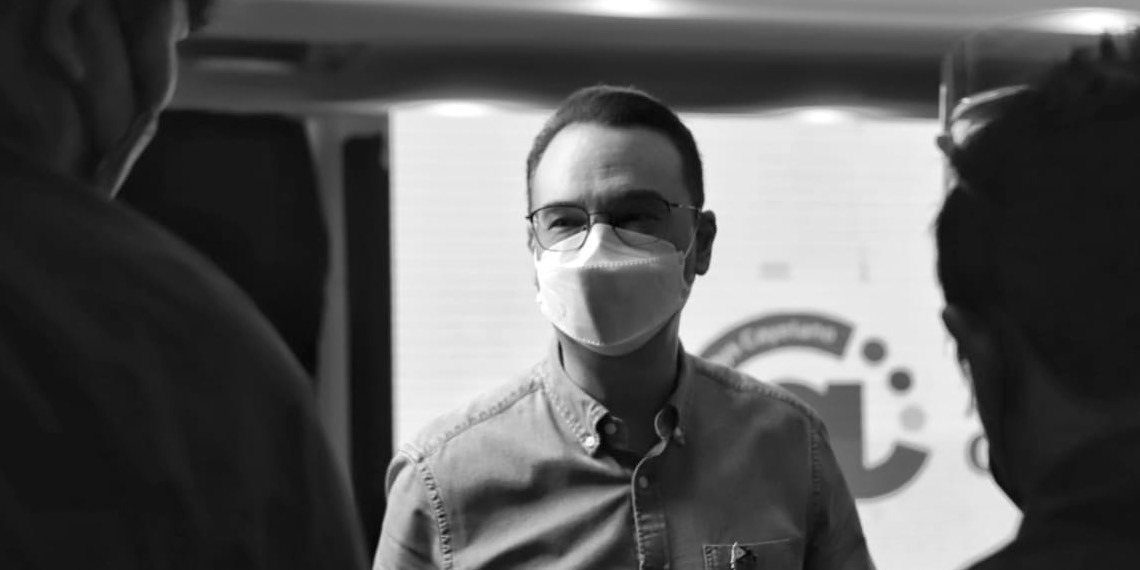Former House Speaker Alan Peter Cayetano is pushing for monthly debates among all presidential aspirants starting this December until April 2022, saying these events are the best way for Filipino voters to make fully informed choices in the upcoming national elections.
“We keep telling people, let’s be objective, facts tayo, huwag tayo emosyon, but we’re not giving them the venue to do that. So ang nangyayari ngayon, kanya-kanyang kampanya, kanya-kanyang kampihan, but we’re not giving the public the venue na mai-side-to-side ang mga kandidato,” Cayetano said during a press briefing in Taguig City on Friday, November 5.
(We keep telling people, let’s be objective, let’s stick to the facts, let’s not be emotional, but we’re not giving them the venue to do that. So what happens is the candidates all do their own thing, but we’re not giving the public the venue to compare the candidates side-by-side.)
He is also proposing 15 weekly one-one-one debates among the six leading presidential candidates on a round-robin basis, in order to give the aspirants ample space to hash out their views on a broad range of national issues.
Cayetano’s proposed schedule of debates is a marked increase from the three presidential debates staged by the Commission on Elections (Comelec) for the 2016 presidential elections.
“I think mahihimay natin nang husto lahat ng kailangan natin himayin — qualification, track record, ability, foresight, vision — lahat ng gusto natin i-extract sa isang kandidato,” he said.
(I think we can get to scrutinize everything we need to scrutinize — qualification, track record, ability, foresight, vision — everything we want to extract from a candidate.)
The former House Speaker is also pushing for at least three debates hosted by the country’s media networks, major universities, and faith-based and business groups.
He clarified that while the proposed debates aim primarily to inform the electorate by making candidates face questions from different sectors as well as from each other, these events should not become venues for candidates to attack one another.
“Masyado nang malaki ang problema ng COVID, hindi naman natin gustong magpalabas ng debate na wala lang ginawa kundi lang mag-disagree for the sake of disagreeing,” Cayetano said.
(We already have a huge problem with COVID around, we don’t want to come out with debates that do nothing but make candidates disagree for the sake of disagreeing.)
He also said the moderators should be able to cut candidates off when they start exchanging personal and off-topic attacks.
To keep candidates focused on issues and prevent the debates from devolving into shouting matches, Cayetano suggested at least 12 discussion points that can be tabled during the debates.
These proposed are COVID-19 response, health, economy, wages and employment, poverty and hunger, corruption, stimulus measures for displaced workers, law enforcement, values in government, peace and order, environmental sustainability, and foreign relations.
Cayetano recognized that the 12 proposed topics are not an exhaustive list of issues that can be discussed during the debates but added that this illustrates why monthly debates would be better than just three standoffs among the candidates.
“What I wanted to point out lang is that kulang na kulang yung tatlong debate, because then we will have to condense all these topics, samantalang we have time,” he said.
(What I wanted to point out is that three debates really aren’t enough, because then we will have to condense all these topics, when in fact we have time.)






